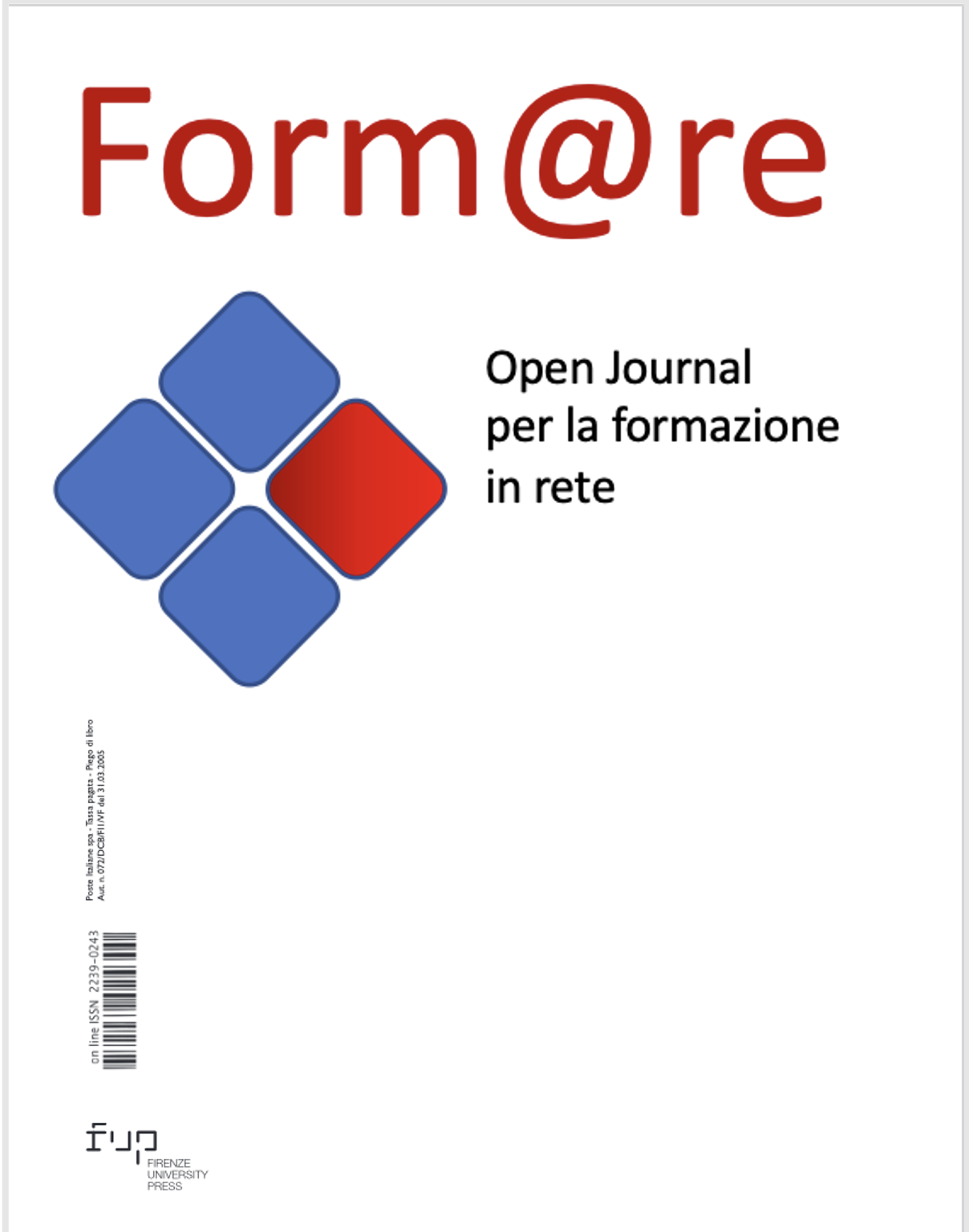In fact, the ecological transition implies employment challenges. The main answers for them will be the ability to develop models and contribute to the timely planning of training pathways so that no citizen and no worker is left out. Education and training also constitute an important factor «to increase the competitiveness of the production system, incentivise the start-up of new and high added value entrepreneurial activities, encourage the creation of stable employment and development», as recognised in the National Recovery Plan and Italian Resilience (PNRR, 2021). The training needs involved in the ecological transition are complex in nature: they require reference models to generate flexible interventions, the ability to involve resources, professionalism and different skills.
Specifically, we refer to green skills, knowledge, abilities, values and attitudes necessary to live, develop and support a sustainable and efficient society in terms of resources (OECD, 2014). In the current notion of competence, all these items are involved: the generative dynamics of learning, the needs of the world of work, the quality assurance in processes and products, individual career expectations in professional practices, with reference to technological, social and political-economic changes. Competence represents the outcome of a process of semantic enrichment and conceptual transformation in the multiple contexts where it is used.
The definition and selection of sustainability skills represent debated issues in the academic literature. At European level, there are references for capacity building actions considering the skills frameworks recently developed to provide people with the tools to face society’s challenges. The ones that certainly constitute a reference are: EntreComp (Entrepreneurship competence framework), DigCom (Digital Competence Framework for Citizens), LifeComp (The European Framework for Personal, Social and Learning to Learn Key Competence), ProcurComp (European Competency Framework for Public Procurement Professionals) and, certainly, GreenComp (The European sustainability competence framework).
In this last framework, sustainability skills are defined in relation to their function: sustainability skills allow you to embody sustainability values and embrace complex systems in order to undertake or request actions that are capable of restoring and maintaining the health of the ecosystem from a social justice perspective, generating visions for sustainable futures. This definition focuses on the importance of developing a sustainable mindset, which allows individuals to acquire knowledge, build skills and cultivate attitudes to think, plan and act with empathy, responsibility and care for our planet. All types of learning – formal, non-formal and informal – are considered as vectors for developing this form of meta-competence according to an essential lifelong learning approach to concretely address the ecological transition.
In these transitions, skills allow individuals to navigate within a myriad of complex changes. The ability to manage them in their development, even sudden, is now a social, no longer an individual matter. The Issue is dedicated to those in the world of educational research who have developed studies, reflections and practices that have addressed the issues related to the development of systems, educational and training policies and areas of competence functional to the ecological transition.
Editors: Giovanna Del Gobbo (University of Florence) and Pierluigi Malavasi (Cattolica in Milan)
Deadline for submission: 31 December 2023
Publication: March 2024

